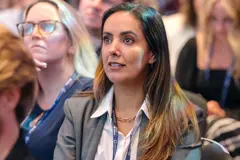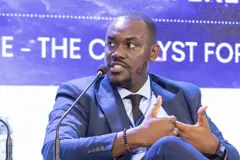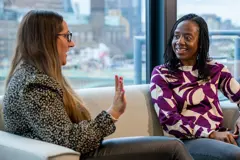The Chartered Governance Institute is the world's leading body for governance professionals. We are the only qualifying body providing globally recognised chartered qualifications.
We believe everyone should have the opportunity to unleash their career ambition. We break down barriers, empowering more people with governance expertise valued by organisations in all sectors.
As part of the CGI community, our 40,000 members and students belong to an inclusive community of governance professionals around the world. With access to a network of insights, opportunities and lifetime learning – we keep skills up to date, relevant and ready for business.
The Institute was granted a Royal Charter in 1902 and its purpose of leading ‘effective and efficient governance and administration of commerce, industry and public affairs’ continues to guide our activities today with our patron King Charles III.
Why we exist
We're here to open up access to governance careers for everyone. We want to inspire and develop an inclusive community of governance professionals, equipped with the real world skills needed to help businesses meet the challenges of our fast-changing world.
Our qualifications
CGI's qualifications are universally respected and internationally recognised, opening up access to governance careers for everyone.
A CGI qualification gives you a professional status you can be proud of. Organisations like EY, Rolls Royce, Barclays and many more continue to hire and recognise the value of employing chartered qualified professionals for their knowledge, skills and diligence, because CGI represents the highest standards of professionalism in governance.
Are you thinking about pursuing this qualification, or are you already working towards it?
Contact us today [email protected]
The CGIUKI Board
The CGIUKI Board has the overall responsibility for establishing and overseeing CGIUKI’s strategic direction. It oversees a framework of delegation with clear levels of authority, which enables other matters to be dealt with by relevant supporting committees and the Executive team.
The CGIUKI Executive team
The Executive team are responsible for providing strategic and operational leadership. They're accountable for the ongoing sustainability and development of the organisation.
Our subsidiaries
Our purpose
Our guiding values
Our three key values shape how colleagues interact with each other, helping us deliver a high standard of service to our students and members.
☱ We find solutions through innovating, learning and collaborating
☲ We are invested in our future
☴ We take pride in what we do
Our membership
CGIUKI membership is about more than getting a professional qualification. We focus on:
➣Career
Members are recognised for their professional standing
➣Profession
Together with our members, we elevate the profile of the governance profession
➣Community
A welcoming, collaborative network of like-minded professionals
➣Impact
We give our members the tools to contribute to creating more trustworthy and sustainable organisations
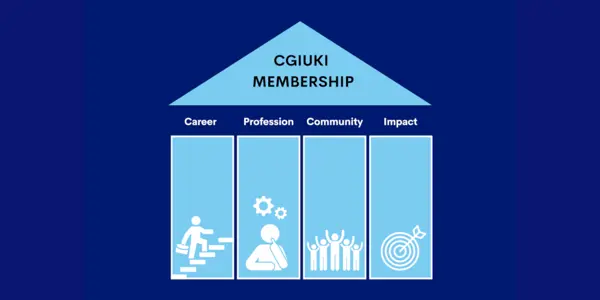
Careers at CGI
See our career opportunities, staff benefits and our commitments to equality of opportunity for all.
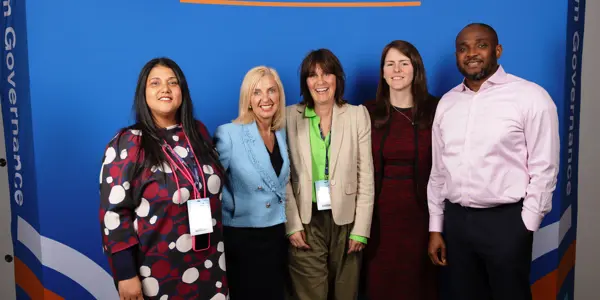
Our governance
We are a division of the global body, Chartered Governance Institute, and our constitution, governance and operational arrangements are set our in our royal charter and byelaws.
The Chartered Secretaries’ Charitable Trust
The Chartered Secretaries’ Charitable Trust was established in the summer of 2013 for the benefit of current and former members, graduates, students and employees of The Chartered Governance Institute UK & Ireland and for the promotion of good governance.
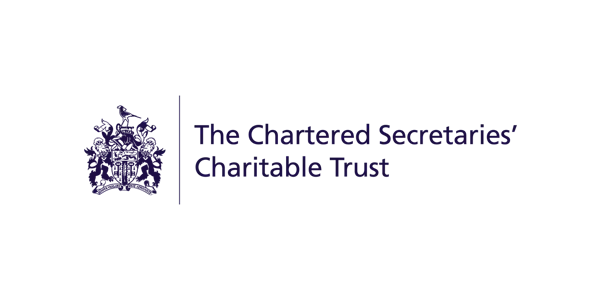
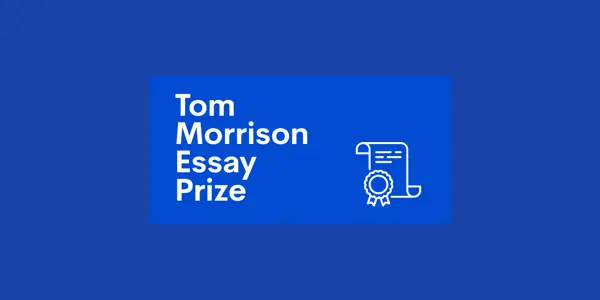
Tom Morrison essay prize
Tom Morrison was an active member and former President of The Chartered Governance Institute UK & Ireland and a leading light in the Institute’s Registrar’s Group. A highly regarded and influential member of the share registration industry, Tom was an early supporter of the unique work of ShareGift. The charity instigated this competition after his death in 2014 and made a generous donation to The Chartered Secretaries’ Charitable Trust in order to establish it and fund the prizes.

